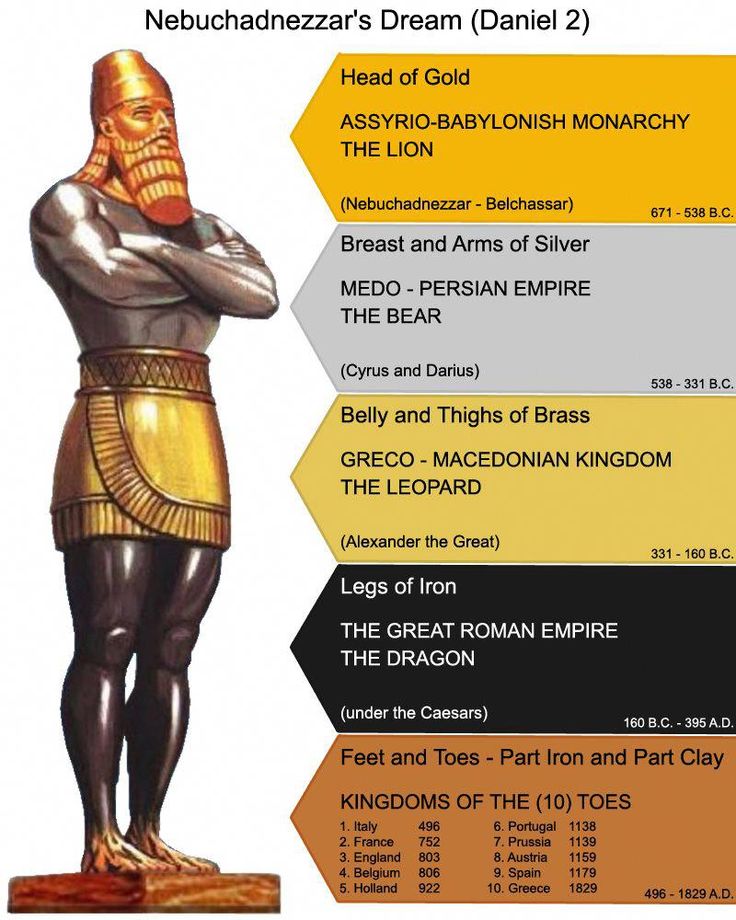1
Kalltäwi
1Cunapachatejj Joacim sat reyejj Judá orake quimsa mara apnakcäna, ucapachaw Babilonianquiri Nabucodonosor sat reyejj Jerusalén marcaru purinisin muyuntäna take ejercitopampi. 2Tatitusti Joacim reyirojj Nabucodonosor reyimpiw catuntayäna, cuna yänacatejj templon utjcäna ucanacsa Nabucodonosor reyiruw catuyaraquïna. Nabucodonosor reyisti jakenacjja preso apasjjäna Babilonia marcaru, Diosan templopata apsuta kollana yänacsa diosanacapan yänacapampi chicwa uscjjaraquïna; 3uqhamarusa Aspenaz sata palaciopan sirvirinacapan jilïriparojj saraquïnwa, israelitanacatjja reyin familiapanquirinacata, cawquïrinacatejj jach’a jilïri familianacat jilïrïqui israelitanac taypitjja, 4wali suma uñnakt’ani waynanac irpsuniñapataqui, jan cunansa camacht’ata, ch’iqhi, uqhamaraqui wali suma yatichata, take cunsa yatirinaca, reyin palaciopan sirviñataquisa waquichatäpjjañaparaqui, uca casta waynanaca. Jupanacaruw caldeonacan arunacapajja, yatiñanacapasa yatichatäni. 5Uqhamarusa Nabucodonosor reyejj saraquïnwa uca waynanacarojj, sapa uruna pachpa reyin mank’añapa umañapa sirvipjjañapataqui, quimsa mara uca waynanacarojj yatichapjjañapataqui, uca quimsa mara pasatatsti jupanacajj reyir sirviñataquiw kheparapjjaraquini.
Daniel wayna amigonacapampi reyin palaciopancapjjewa
6Uca judío waynanac taypinsti ucancänwa Daniel, Ananías, Misael, uqhamaraqui Azarías ucanaca. 7Reyin palaciopan sirvirinacan jilïripajj jupanacarojj yakha sutimpiw sutichäna Danielarojj, Beltsasar sasa; Ananiasarusti, Sadrac sasa, Misaelarusti Mesac sasaraqui; Azariasarusti, Abed-nego sasaraquiw sutichäna. 8Ucampisa Danielajj chuymapanjja amtasiraquïnwa jan uca reyin mank’apampi ni vinopampisa k’añuchasiscaña, ucatsti reyin palaciopan sirvirinacapan jilïriparuwa mayiraquïna, jani uca mank’anacampi k’añuchasiñataqui. 9Diosan asquip laycusti reyin palaciopan sirvirinacapan jilïripajja Danielarojj sumwa uñjäna. 10Ucampisa saraquïnwa:
—Nayajj reyejjarojj ajjsartwa. Jupasti nayarojj saraquituwa cuntejj jumanacajj mank’apjjañamäqui, umapjjañamäcaraqui uca, ucampisa jumanacatejj uca mank’anaca jan mank’apcasma ucapachasti reyejj jumanacar uñcatasinjja inampisa mayni waynanacat sipan t’uqha jicjjatapjjeristam, ucapachasti nayarojj jiwayatäñataquiw catuyitaspa —sasa.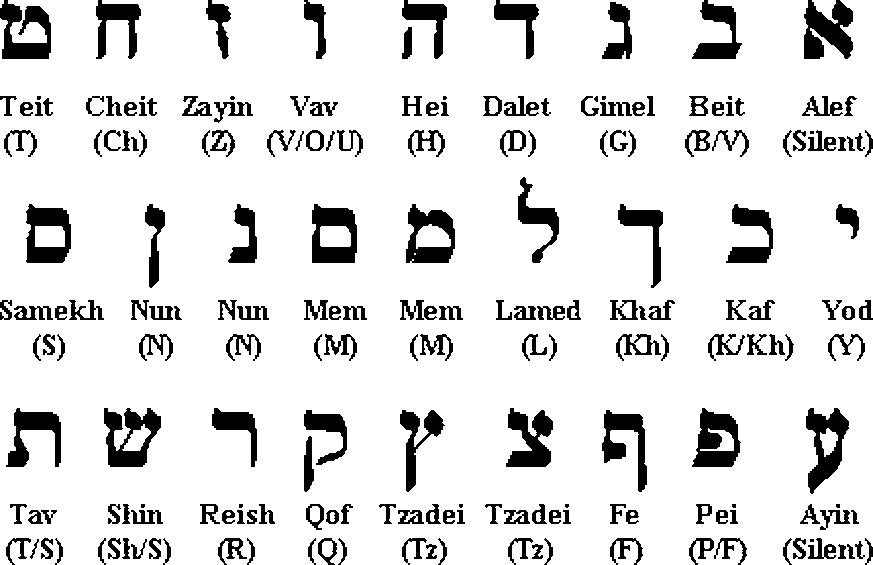
11Uqhamasti Danielajj mayordomompiw parläna, cawquïrirutejj reyin palaciopan sirvirinacan jilïripajj uñjañataqui jaytcatayna uca waynanacaru Daniel, Ananías, Misael uqhamaraqui Azarías jupanacaru, aqham sasa:
12—Nayajj achict’assmawa aca sirvirinacamampejja yant’am: Aca tunca urunacanjja ch’ojjñanacaqui mank’añataqui churapjjeta, uqhamaraqui umaqui umt’asipjjaraquï. 13Ucat tunca urunaca pasatatsti anthapipjjeta cawquïri waynanacatejj reyin mank’apa reyin vinopa umapjje ucanacampi, ucat jumaw uñjäta cunjämäpctejj uca, ucat jumaw amuyjjäta nanacaru cunjämaru uñjañataquisa —sasa.
14Mayordomosti uca arunacarojj: “Waliquiwa” sänwa, uqhamaw uca waynanacampejj yant’äna tunca uru ch’ojjñanacaqui mank’añatac churasa. 15Tunca urunaca pasatatsti uca waynanacajj cawquïrinacatejj reyin mank’añapata, uqhamaraqui reyin vinopata umapcän uca waynanacat sipansa juc’ampi c’umara, ch’amaniw jicjjatasipjjäna. 16Uqhamaw mayordomojj uca waynanacan mank’añapsa, umañapsa apasjjäna, ucat uca waynanacarusti ch’ojjñanacacwa mank’añataquejj churaraquïna.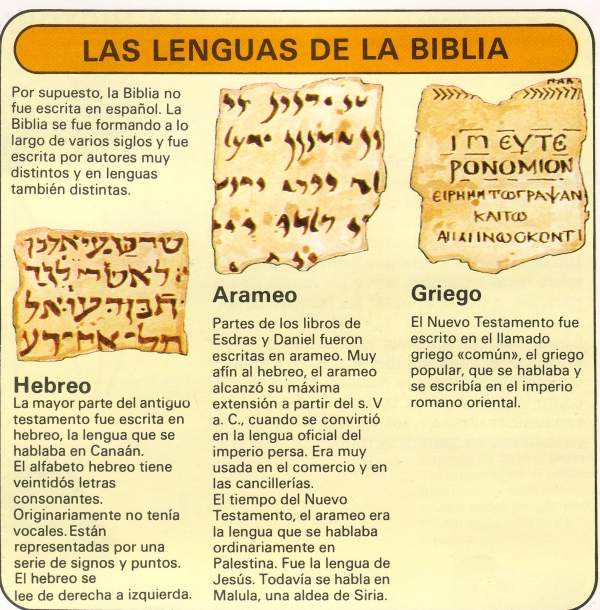
17Aca pusi waynanacarusti Diosajj ch’iqhi chuyma, amuyt’a churaraquïna, take casta libronacsa jupanacajj amuyt’apjjañapataqui, take casta yatiñanacsa yatipjjañapataqui. Uqhamarusa Daniel waynajj yatiraquïnwa take casta samcanaca, uqhamaraqui unañchanacan cun saña munatapsa. 18Cunapachatejj uca waynanacaru reyin nayrakataparu uñstayañ urojj phokhasjjäna ucapachasti, palacion sirvirinacan jilïripasti uca waynanacarojj reyin nayrakataparuw uñstayäna. 19Reyisti jupanacampi, take waynanacampi parlasinsti uca taypinjja janiw maynsa jicjjatcaraquïnti Daniel, Ananías, Misael, uqhamaraqui Azarías uca waynanacjam ch’iqhinacjja, uca laycuw uca waynanacajj reyir sirviñataqui palaciopan kheparjjapjjäna. 20Take cuna luräwinacatejj wali amuyt’ampi luraña waquiscäna, ucanacansti reyejj uca waynanacaruw jisct’äna, ucatsti reyejj jicjjataraquïnwa uca waynanacajj sinti ch’iqhïpjjatapa cawquïri yatiri, layka jakenacatejj palaciopan utjcän ucanacat sipansa. 21Daniel waynasti ucaruw khepararaquïna, Ciro sat reyejj mä mara apnakcäna ucqhacama.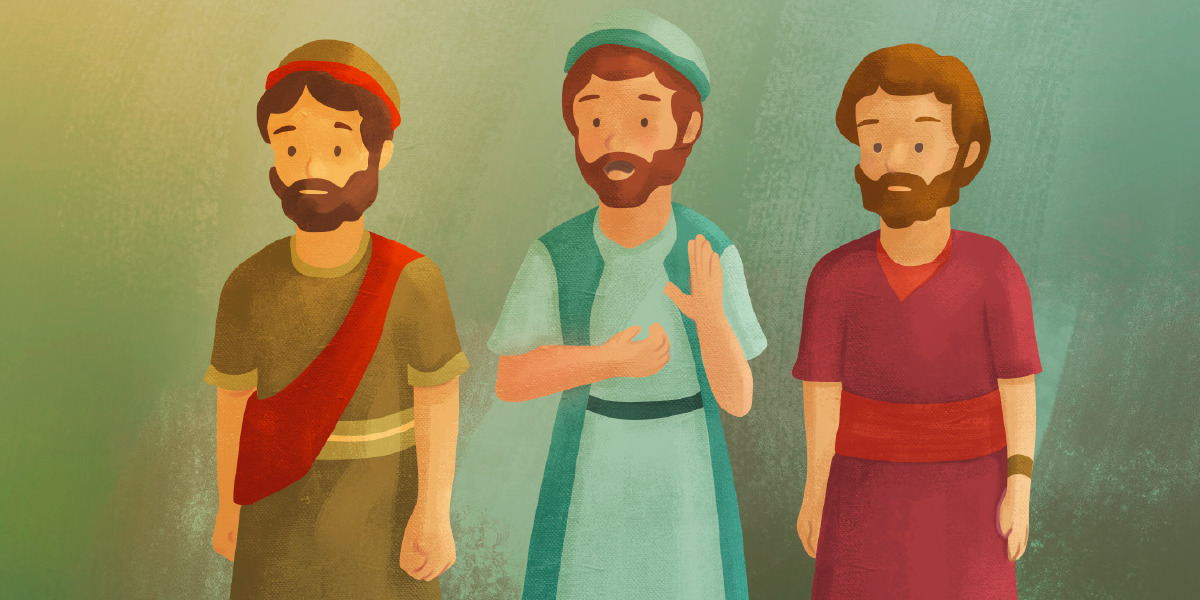
Concordancia Strong
Daniyyel or Daniel: Daniel — “Dios es mi juez”, el nombre de varios israelitas.
Palabra Original: דָּנִיֵּאל
Parte del Discurso: Nombre apropiado Masculino
Transliteración: Daniyyel or Daniel
Ortografía Fonética: (daw-nee-yale’)
Definición: Daniel — “Dios es mi juez”, el nombre de varios israelitas.
RVR 1909 Número de Palabras: Daniel (29).
Strong’s Concordance
Daniyyel or Daniel: “God is my judge,” the name of several Israelites
Original Word: דָּנִיֵּאל
Part of Speech: Proper Name Masculine
Transliteration: Daniyyel or Daniel
Phonetic Spelling: (daw-nee-yale’)
Short Definition: Daniel
Brown-Driver-Briggs
דָּנִאֵל, later דָּנִיֵּאלproper name, masculine (compare Ew§ 45 d; El is my judge; on a possible connection with Zend dânu, wise, or wisdom compare CheOP 107; see Palmyrene דנאל Vog93) —
1 son of David 1 Chronicles 3:1, דָּנִיֵּאל, but dub, compare CheOP 106; ᵐ5 Δαμνιηλ, ᵐ5L & Manuscripts Δαλουια; “” 2 Samuel 3:3 כִּלְאָב, ᵐ5 Δαλουια; KloSm proposes דֹּדִיָּה, & in Chronicles דֹּדִיאֵל, but grounds precarious.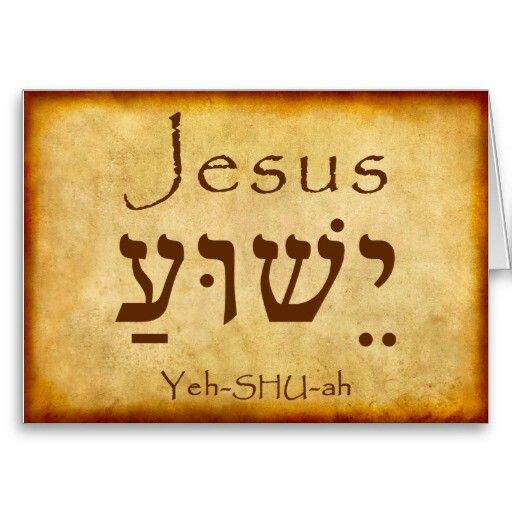
2 דָּנִיֵּאל, priest of the line of Ithamar Ezra 8:2; Nehemiah 10:7.
3 דָּנִאֵל a great sage Ezekiel 28:3; classed with Noah and Job as models of righteousness Ezekiel 14:14,20; perhaps the same as
4 דָּנִיֵּאל, one of the noble young men taken into captivity by Nebuchadrezzar according to Daniel 1:1-6, the hero of the book of Daniel, Daniel 1:6 22t. (also frequently in Aramaic section).
Strong’s Exhaustive Concordance
Daniel
In Ezekiel it is: Daniel {daw-nee-ale’}; from Dan and ‘el; judge of God; Daniel or Danijel, the name of two Israelites — Daniel.
see HEBREW Dan
see HEBREW ‘el
Forms and Transliterations
דָּ֣נִיֵּ֔אל דָּֽנִיֵּ֔אל דָּנִיֵּ֑אל דָּנִיֵּ֔אל דָּנִיֵּ֕אל דָּנִיֵּ֖אל דָּנִיֵּ֣אל דָּנִיֵּ֥אל דָּנִיֵּאל֙ דָֽנִיֵּ֗אל דָֽנִיֵּאל֙ דָנִיֵּ֔אל דָנִיֵּ֖אל דָנִיֵּ֗אל דָנִיֵּ֤אל דָנִיֵּאל֒ דָּנִיאֵ֣ל דניאל וְדָנִיֵּ֣אל ודניאל כְּדָנִיֵּ֣אל כדניאל לְדָ֣נִיֵּ֔אל לְדָֽנִיֵּ֔אל לְדָֽנִיֵּ֜אל לדניאל מִדָּֽנִיאֵ֑ל מדניאל dā·nî·’êl dā·nî·yêl ḏā·nî·yêl dānî’êl daniEl daniYel dānîyêl ḏānîyêl kə·ḏā·nî·yêl kedaniYel kəḏānîyêl lə·ḏā·nî·yêl ledaniYel ləḏānîyêl mid·dā·nî·’êl middānî’êl middaniEl vedaniYel wə·ḏā·nî·yêl wəḏānîyêl
Links
Interlinear Greek • Interlinear Hebrew • Strong’s Numbers • Englishman’s Greek Concordance • Englishman’s Hebrew Concordance • Parallel Texts
Englishman’s Concordance
Strong’s Hebrew 1840
29 Occurrences
dā·nî·’êl — 2 Occ.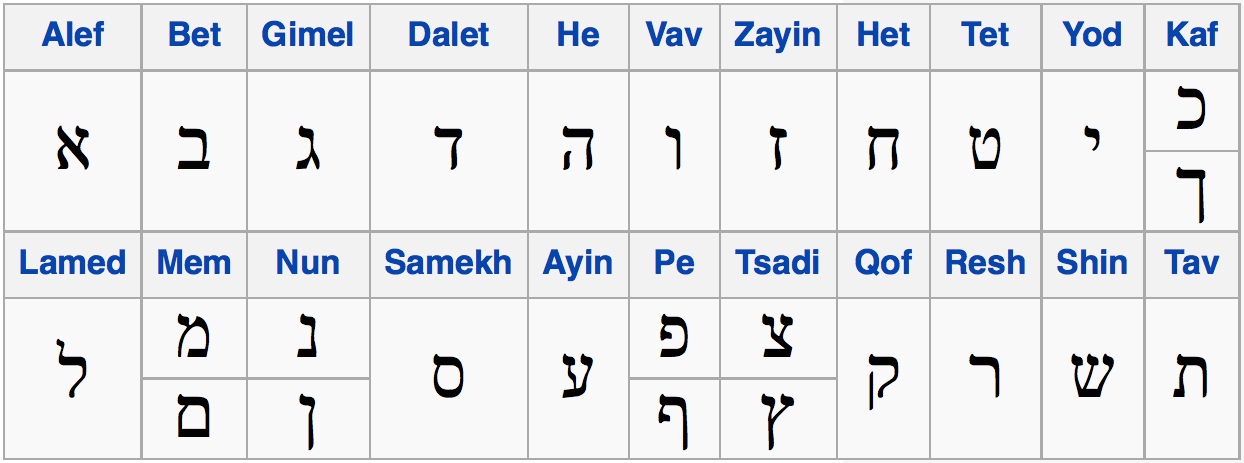
dā·nî·yêl — 21 Occ.
kə·ḏā·nî·yêl — 1 Occ.
lə·ḏā·nî·yêl — 3 Occ.
mid·dā·nî·’êl — 1 Occ.
wə·ḏā·nî·yêl — 1 Occ.
1 Chronicles 3:1
HEB: הַיִּזְרְעֵאלִ֔ית שֵׁנִי֙ דָּנִיֵּ֔אל לַאֲבִיגַ֖יִל הַֽכַּרְמְלִֽית׃
NAS: the second [was] Daniel, by Abigail
KJV: the second Daniel, of Abigail
INT: the Jezreelitess the second Daniel Abigail the Carmelitess
Ezra 8:2
HEB: מִבְּנֵ֥י אִיתָמָ֖ר דָּנִיֵּ֑אל ס מִבְּנֵ֥י
NAS: of Ithamar, Daniel; of the sons
KJV: of Ithamar; Daniel: of the sons
INT: of the sons of Ithamar Daniel of the sons of David
Nehemiah 10:6
HEB: דָּנִיֵּ֥אל גִּנְּת֖וֹן בָּרֽוּךְ׃
NAS: Daniel, Ginnethon, Baruch,
KJV: Daniel, Ginnethon, Baruch,
INT: Daniel Ginnethon Baruch
Ezekiel 14:14
HEB: [דָּנִאֵל כ] (דָּנִיאֵ֣ל ק) וְאִיּ֑וֹב
NAS: Noah, Daniel and Job
KJV: Noah, Daniel, and Job,
INT: midst Noah Daniel and Job by
Ezekiel 14:20
HEB: [דָּנִאֵל כ] (דָּנִיאֵ֣ל ק) וְאִיּוֹב֮
NAS: even [though] Noah, Daniel and Job
KJV: Though Noah, Daniel, and Job,
INT: even Noah Daniel and Job midst
Ezekiel 28:3
HEB: [מִדָּנִאֵל כ] (מִדָּֽנִיאֵ֑ל ק) כָּל־
NAS: than Daniel; There is no
KJV: Behold, thou [art] wiser than Daniel; there is no secret
INT: are wiser you Daniel all manner secret
Daniel 1:6
HEB: מִבְּנֵ֣י יְהוּדָ֑ה דָּנִיֵּ֣אל חֲנַנְיָ֔ה מִֽישָׁאֵ֖ל
NAS: of Judah were Daniel, Hananiah,
KJV: of Judah, Daniel, Hananiah,
INT: the sons of Judah were Daniel Hananiah Mishael
Daniel 1:7
HEB: שֵׁמ֑וֹת וַיָּ֨שֶׂם לְדָֽנִיֵּ֜אל בֵּ֣לְטְשַׁאצַּ֗ר וְלַֽחֲנַנְיָה֙
NAS: [new] names to them; and to Daniel he assigned
KJV: for he gave unto Daniel [the name] of Belteshazzar;
INT: names assigned Daniel Belteshazzar to Hananiah
Daniel 1:8
HEB: וַיָּ֤שֶׂם דָּנִיֵּאל֙ עַל־ לִבּ֔וֹ
NAS: But Daniel made up his mind
KJV: But Daniel purposed in his heart
INT: made Daniel in his heart
Daniel 1:9
HEB: הָֽאֱלֹהִים֙ אֶת־ דָּ֣נִיֵּ֔אל לְחֶ֖סֶד וּֽלְרַחֲמִ֑ים
NAS: granted Daniel favor
KJV: had brought Daniel into favour
INT: granted now God Daniel favor and compassion
Daniel 1:10
HEB: שַׂ֤ר הַסָּרִיסִים֙ לְדָ֣נִיֵּ֔אל יָרֵ֤א אֲנִי֙
NAS: said to Daniel, I am afraid
KJV: said unto Daniel, I fear
INT: and the commander of the officials to Daniel fear I
Daniel 1:11
HEB: וַיֹּ֥אמֶר דָּנִיֵּ֖אל אֶל־ הַמֶּלְצַ֑ר
NAS: But Daniel said to the overseer
KJV: Then said Daniel to Melzar,
INT: said Daniel to the overseer
Daniel 1:11
HEB: הַסָּֽרִיסִ֔ים עַל־ דָּנִיֵּ֣אל חֲנַנְיָ֔ה מִֽישָׁאֵ֖ל
NAS: over Daniel, Hananiah,
KJV: had set over Daniel, Hananiah,
INT: of the officials over Daniel Hananiah Mishael
Daniel 1:17
HEB: סֵ֣פֶר וְחָכְמָ֑ה וְדָנִיֵּ֣אל הֵבִ֔ין בְּכָל־
NAS: and wisdom; Daniel even understood
KJV: and wisdom: and Daniel had understanding
INT: literature and wisdom Daniel understood all
Daniel 1:19
HEB: נִמְצָא֙ מִכֻּלָּ֔ם כְּדָנִיֵּ֣אל חֲנַנְיָ֔ה מִֽישָׁאֵ֖ל
NAS: not one was found like Daniel, Hananiah,
KJV: with them; and among them all was found none like Daniel, Hananiah,
INT: was found all Daniel Hananiah Mishael
Daniel 1:21
HEB: וַֽיְהִי֙ דָּֽנִיֵּ֔אל עַד־ שְׁנַ֥ת
NAS: And Daniel continued until
KJV: And Daniel continued [even] unto the first
INT: continued and Daniel until year
Daniel 8:1
HEB: אֵלַי֙ אֲנִ֣י דָנִיֵּ֔אל אַחֲרֵ֛י הַנִּרְאָ֥ה
NAS: appeared to me, Daniel, subsequent
KJV: appeared unto me, [even unto] me Daniel, after
INT: about to me Daniel subsequent appeared
Daniel 8:15
HEB: בִּרְאֹתִ֛י אֲנִ֥י דָנִיֵּ֖אל אֶת־ הֶחָז֑וֹן
NAS: When I, Daniel, had seen the vision,
KJV: And it came to pass, when I, [even] I Daniel, had seen
INT: had seen I Daniel the vision sought
Daniel 8:27
HEB: וַאֲנִ֣י דָנִיֵּ֗אל נִהְיֵ֤יתִי וְנֶֽחֱלֵ֙יתִי֙
NAS: Then I, Daniel, was exhausted and sick
KJV: And I Daniel fainted, and was sick
INT: I Daniel was exhausted and sick
Daniel 9:2
HEB: לְמָלְכ֔וֹ אֲנִי֙ דָּֽנִיֵּ֔אל בִּינֹ֖תִי בַּסְּפָרִ֑ים
NAS: of his reign, I, Daniel, observed
KJV: of his reign I Daniel understood
INT: of his reign I Daniel observed the books
Daniel 9:22
HEB: עִמִּ֑י וַיֹּאמַ֕ר דָּנִיֵּ֕אל עַתָּ֥ה יָצָ֖אתִי
NAS: with me and said, O Daniel, I have now
KJV: with me, and said, O Daniel, I am now come forth
INT: with and said Daniel have now come
Daniel 10:1
HEB: דָּבָר֙ נִגְלָ֣ה לְדָֽנִיֵּ֔אל אֲשֶׁר־ נִקְרָ֥א
NAS: was revealed to Daniel, who
KJV: was revealed unto Daniel, whose name
INT: A message was revealed to Daniel who was called
Daniel 10:2
HEB: הָהֵ֑ם אֲנִ֤י דָֽנִיֵּאל֙ הָיִ֣יתִי מִתְאַבֵּ֔ל
NAS: days, I, Daniel, had been
KJV: In those days I Daniel was mourning
INT: those I Daniel had been mourning
Daniel 10:7
HEB: וְרָאִיתִי֩ אֲנִ֨י דָנִיֵּ֤אל לְבַדִּי֙ אֶת־
NAS: Now I, Daniel, alone saw
KJV: And I Daniel alone saw the vision:
INT: saw I Daniel alone the vision
Daniel 10:11
HEB: וַיֹּ֣אמֶר אֵלַ֡י דָּנִיֵּ֣אל אִישׁ־ חֲ֠מֻדוֹת
NAS: He said to me, O Daniel, man
KJV: And he said unto me, O Daniel, a man
INT: said to me Daniel man beauty
29 Occurrences
 Judaism
Judaism
(Total articles: 26)
x oud
ABRAVANEL Ie x oud (Abravanel; also known as Leone Ebreo, Leone Ebreo, 0, Leobra ca. after 1523, ?), physician, poet and philosopher, eldest son of Yitzhak Abravanel, with whom he fled in 1483 from Portugal to Spain. One of the greatest Neoplatonist philosophers of the Renaissance…
x ud
ABRAVANE Yitzhak ben Yeh x ud (Abravanel; 143 Bibles, Lisbon, — 1508, Venice) whose works reflected the influence of the concepts of humanism and the Renaissance. The totality of the religious and philosophical views of Yitzhak Abravanel is presented in his interpretation of the work of Maimonides “Teacher of the Hesitant”, as well as in treatises devoted to the refutation of some concepts of the latter…
ALBO Yosef (José Albo; c.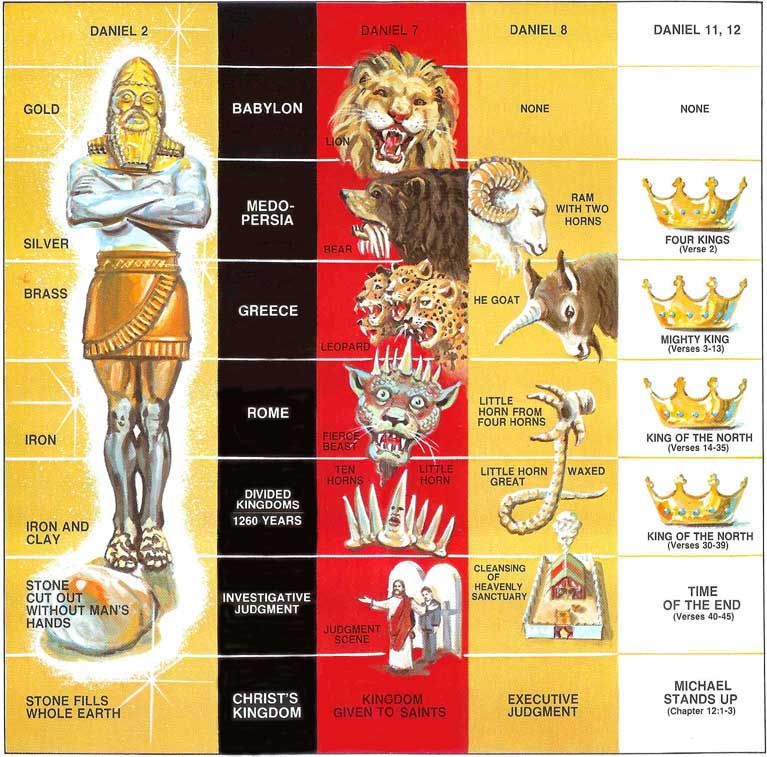 1380, Montreal del Campo?, Spain, – 1444,?, Spain), Jewish philosopher and preacher. Author of Sefer x Haikkarim, a well-known treatise on Jewish creeds. Albo took part in disputes in Tortosa and San Mateo. He recognized Hasdai Crescas as his teacher. The Book of Principles testifies to the author’s knowledge of rabbinic literature and Jewish philosophy. Albo also knew mathematics, medicine, Islamic philosophy and classical Christian scholasticism…
1380, Montreal del Campo?, Spain, – 1444,?, Spain), Jewish philosopher and preacher. Author of Sefer x Haikkarim, a well-known treatise on Jewish creeds. Albo took part in disputes in Tortosa and San Mateo. He recognized Hasdai Crescas as his teacher. The Book of Principles testifies to the author’s knowledge of rabbinic literature and Jewish philosophy. Albo also knew mathematics, medicine, Islamic philosophy and classical Christian scholasticism…
ARAMA Yitzhak ben Moshe (Arama; born, apparently, in 1420, Zamora – died in 1494, Naples), Spanish rabbi, preacher and philosopher. He served as a rabbi in small communities of Aragon, and then in the city of Calatayud, where he wrote most of his works. He read sermons on the foundations of Judaism, participated in several public debates with Christian scholars. After the expulsion of the Jews from Spain, he settled in Naples. Known mainly as the author of the book “Akedat Yitzhak”.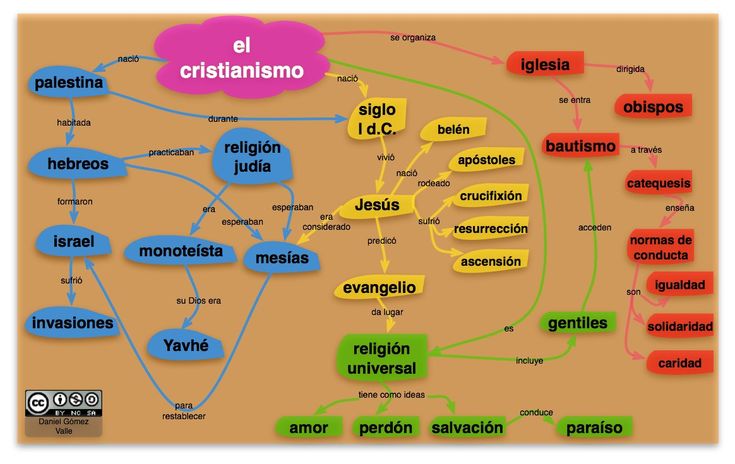 ..
..
GERSONID (Gersonides; Levy ben Gershom, acronym Ralbag, רַלְבַּ”ג; also known as Maestro Leo de Bagnoles, Magister Leo Hebraeus; 1288, 3,4-Seuse, France-sur Perpignan?), philosopher, mathematician, astronomer and commentator on the Bible. Lived in Orange and for a short time in Avignon. Little is known about the life of Gersonides. Gersonides’ intellectual interests were very broad and covered many areas of human knowledge, to the development of which he made a significant contribution.. . nine0003
DELMEDIGO (Delmedigo, del Medigo), a family of Jewish scientists from the island of Crete. Eliya x y ben Moshe Abba Delmedigo , also known as Eliya x y Cretan (born, apparently, in 1460, Candia, Crete – died in 1497, ibid), talmudist and philosopher. Yosef Shlomo Delmedigo (also known as Yosef Shlomo Rofe, acronym יָשָׁ”ר, Yashar ; 1591, Candia – 1655, Prague), rabbi, philosopher, mathematician and astronomer, who had extensive knowledge of both traditional Jewish and in secular learning.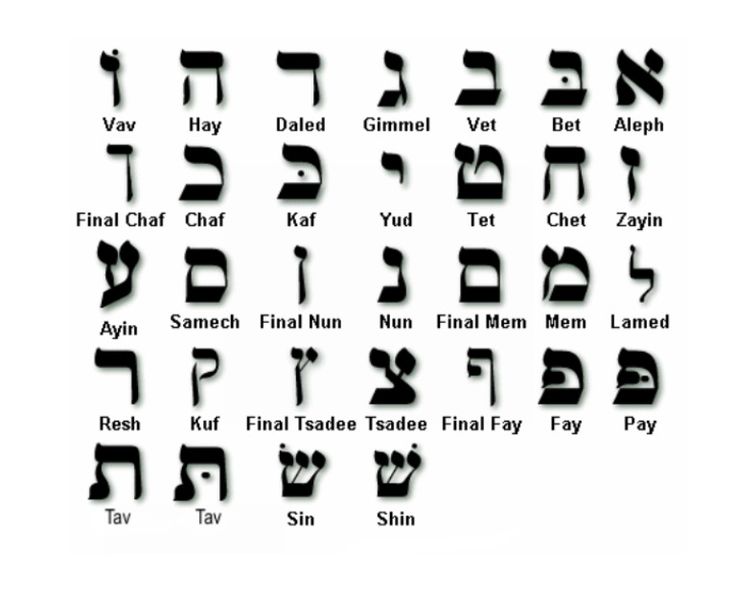 ..
..
x UMA
Ibn Gabirol Shlomo Ben x UDA (SHLOMO IBN Gabirol; in Arabic-Ibn Auyub Suleiman ibn Yakhya; in Latin Avicebron; 1021 or 1022, Malaga – died 1052-55, apparently in Valencia), Jewish poet and philosopher. He wrote in Hebrew and Arabic. He received a comprehensive Jewish and Arabic education in Zaragoza, where he was transported from Malaga as a child and where, apparently, he spent most of his life. Ibn Gabirol was orphaned early…
x AM bin David x A-Levi
Ibn DauD Avra x bin David x A-Levi (ravad I; raavad, רַאֲבַ” administ acronym from Rabbi Avra x am ben David ; born, apparently, in 1110, Cordoba – died about 1180, Toledo), Jewish historian, philosopher, physician and astronomer. He received an excellent education and possessed a wide knowledge of both traditional Jewish disciplines and Greek philosophy, Muslim and Christian sources.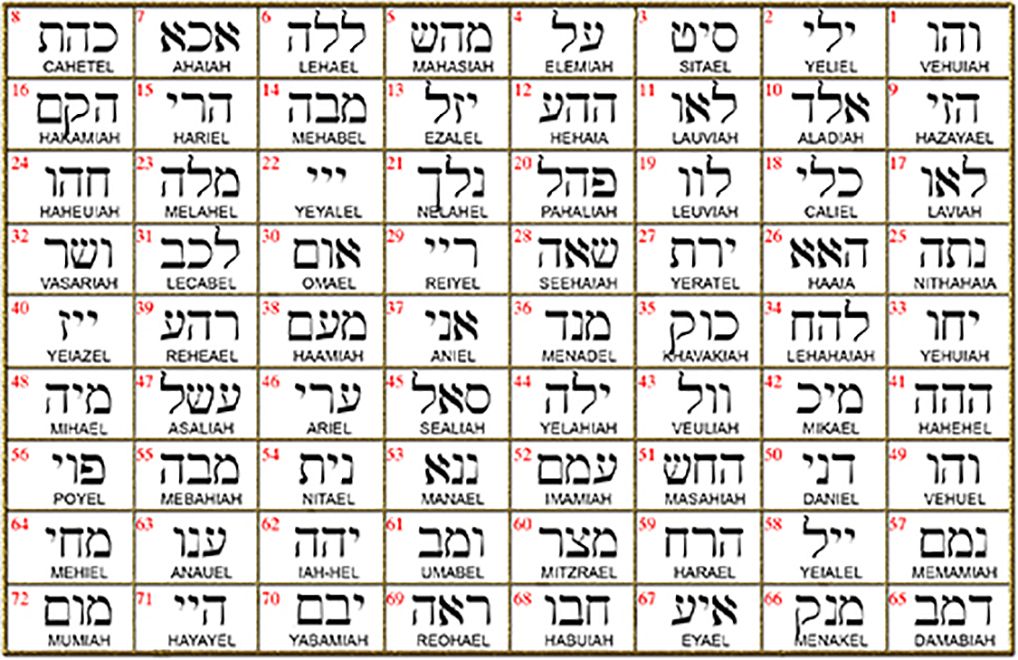 After the conquest of Muslim Spain by the Almohads, he fled to Christian Castile and settled in the city of Toledo…
After the conquest of Muslim Spain by the Almohads, he fled to Christian Castile and settled in the city of Toledo…
Ibn Kammuna Sa’d ibn Mansur , Jewish philosopher, lived in Baghdad. Apparently, he was a doctor and held some position in the administrative apparatus of the Mongols after they conquered Baghdad. The main work of Ibn Kammun, written in Arabic, the treatise “Tanqih al-abhas li-l-milal as-salas”, is a sequential examination of the three monotheistic religions, with arguments for and against each of them …
x idaya il faraid al-kulub” written in Arabic around 1080. With slight abridgements, the treatise was translated into Hebrew by Yeh x by udoy ibn Tibbon in 1161 under the title “Hovot x a-levavot”. The treatise is modeled on modern Ibn Pakuda treatises of Muslim moralists: Ibn Pakuda ascends from the lowest spiritual perfections to the highest and, ultimately, to unity with God.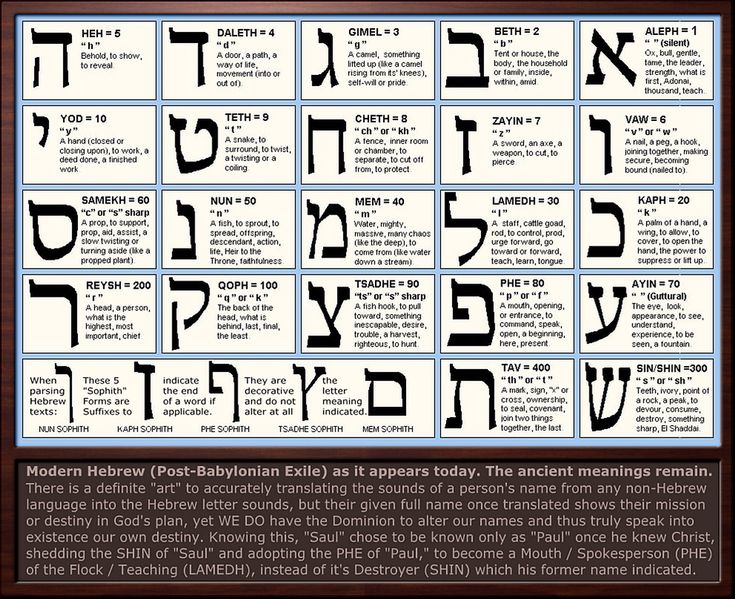 ..
..
IBN ZADDIK Joseph ben Ya’akov (Joseph Ibn Zaddik; died in 1149, Córdoba), Jewish neoplatonist philosopher and poet. Since 1138, Ibn Tzaddik served as dayan of Cordoba. He exchanged poetic messages with Iye x da x a-Levi and was on friendly terms with Moshe Ibn Ezra; The liturgical poetry of Ibn Tsaddik was highly valued by Ye x ud Alkharisi. Ibn Tzaddiq is the author of a work on logic that has not come down to us and has survived in a poor translation into Hebrew…
x AM
Ibn Ezra Avra x AM (Abraham Ibn Ezra [Abenezra]; 1089 or 1092, Tuel, Spain – 1164 or 1167,?), Jewish poet, grammar, grammar, grammar, grammar, grammar, grammar. philosopher, Bible commentator, astronomer and physician. Until 1140 he lived in Spain; probably during this period Ibn Ezra visited a number of countries in North Africa. He undertook one of these journeys together with Ye х ha-Levi, with whom, apparently, he maintained close friendly relations.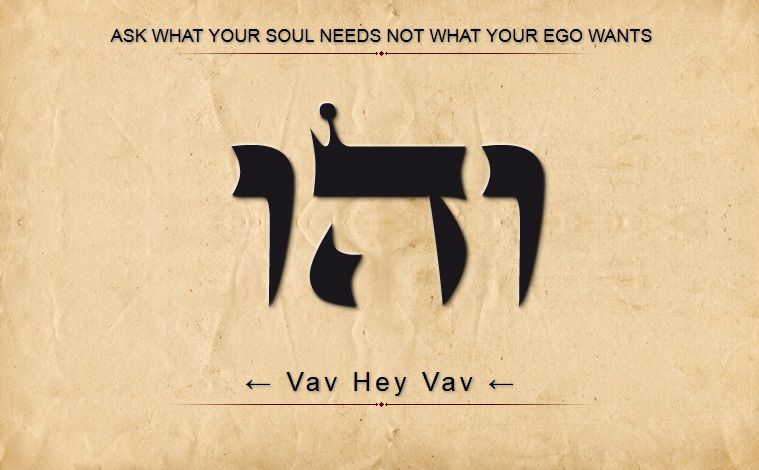 In 1140, Ibn Ezra left Spain, fearing persecution by the fanatical Almohads…
In 1140, Ibn Ezra left Spain, fearing persecution by the fanatical Almohads…
x am Bedersi
YEDA’YA BEN AVRA X AM ( x Bed a-Pnini) 1270 – died 1340), poet and philosopher. Born and lived, apparently, in Béziers in Provence. In his youth, he composed a verse prayer, all 1000 words of which begin with the letter mem ; the authorship of a similar work, all words of which begin with the letter aleph , is attributed by some sources to Jeda‘a ben Avra x to Amu Bedersi, and others to his father…
ISRAELI (more precisely Yisreeli) Yitzhak ben Shlomo (855?, Egypt, – 955), physician and filuofan. He was an ophthalmologist until about the age of 50, when he left Egypt and moved to Kairouan. There, Israeli studied other branches of medicine, and then became the court physician of Ubayd Allah x a al-Ma x di, the first Caliph of the Fatimid dynasty .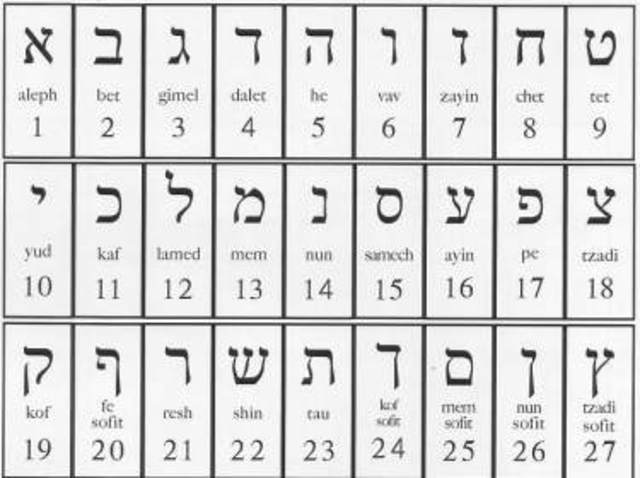 ..
..
CASPI (Ibn Caspi) Joseph ben Abba Mari (Ibn Caspi Caspi; 1279, L’Argentiere, Provence – 1340, Tarascon), philosopher, Bible commentator and grammarian. Being a wealthy man, Kaspi spent most of his life wandering in search of knowledge; he lived in Arles, Tarascon, Aragon, Catalonia, Mallorca. An ardent admirer of Maimonides, Kaspi went to Egypt in 1314 to receive clarifications from the grandchildren of Maimonides regarding the work of the latter “Teacher of the Hesitant”…
CRESCAS Hasdai (Crescas; ?–1412, Zaragoza), philosopher, theologian and leader of Spanish Jewry in the 14th century. Crescas came from Barcelona, where he was one of the leaders of the local Jewish community before moving to Zaragoza. In 1367, along with his teacher Nissim Gerondi and fellow student Yitzhak, bar Sheshet Berfet was imprisoned for some time on charges of defiling the host. In 1370, Crescas participated in a competition between the Jewish poets of Barcelona and Girona.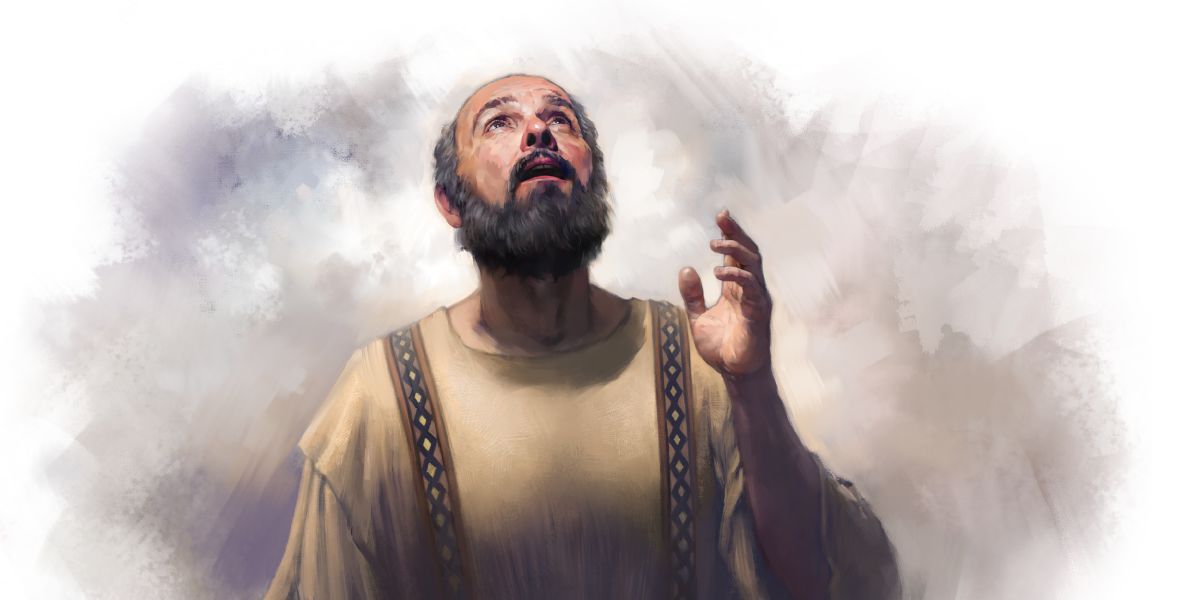 ..
..
LEVI BEN GERSHOM , see GESONID .
Maimonid (Maimonides; Moshe Bin Maimon, known in Jewish sources as רַמְבָּ״, Rambam – Acronim from the phrase Rabbena Ben Mimon 9000; 1135, in its own testimony at the end of the comments on the Mashnya – 1138, Cordoba, – 1204, Fostat), the largest rabbinic authority and codifier of Halakha, philosopher, scientist and physician. Maimonides, the most celebrated scholar of the post-Talmudic era, was born in southern Spain…
Nakhmanid (nahmanides; Moshe Bin Nakhman, is also called Nakhmani or, more often, Ramban, רַמְב phrase Rabbi Moshe Bin Nakhman 9000; 1194, Zheiron, 1270, Akco), Talmudist and Talmudist and Talmudist) halakhist, biblical exegete, kabbalist, philosopher, poet and physician. Nachmanides was also nicknamed rabben Moshe Gerondi – from the name of the city of Girona; was also known as Bonastrum da Porta.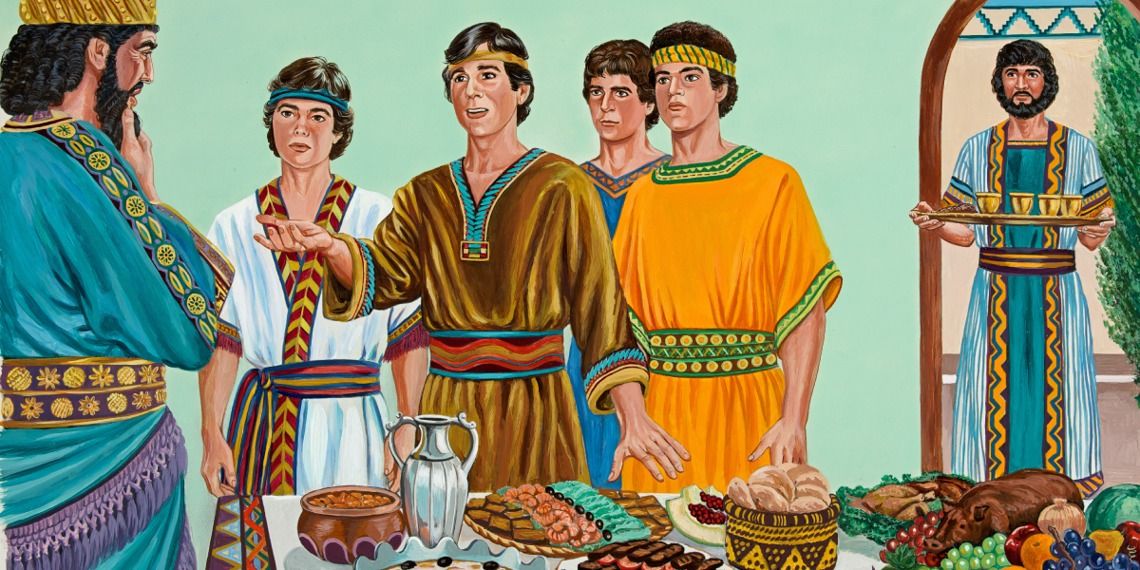 Nachmanides came from the family of Yitzhak ben Reuven Albargeloni and was the cousin of Jonah ben Avra x ama Gerondi…
Nachmanides came from the family of Yitzhak ben Reuven Albargeloni and was the cousin of Jonah ben Avra x ama Gerondi…
RAMBAM (רַמְבָּ״ם), see Maimonides .
RAMBAN (רַמְבָּ״ן), see NAKHMANID .
х uda
ROMANO Iye х uda ben Moshe ben Daniel (Italian name Leone de Ser Daniel, Leone de Ser Daniel, Leone Romano; born in 1290 not earlier than 1292 ., Italy), philosopher and translator, author of philosophical exegesis of the Bible. In an effort to acquaint Jews with Latin philosophical literature, he translated into Hebrew the works of Albert the Great, Thomas Aquinas and other Christian authors, as well as from Latin translations of the works of Greek and Arabic philosophers …
SA’ADIA GAON (Sa’adiya ben Yosef; 882, Dilas, Faiyum oasis, Egypt – 942, Baghdad), the greatest halachic authority of the Gaonic era, the founder of rabbinical rationalistic literature and Jewish literature , linguist and liturgical poet.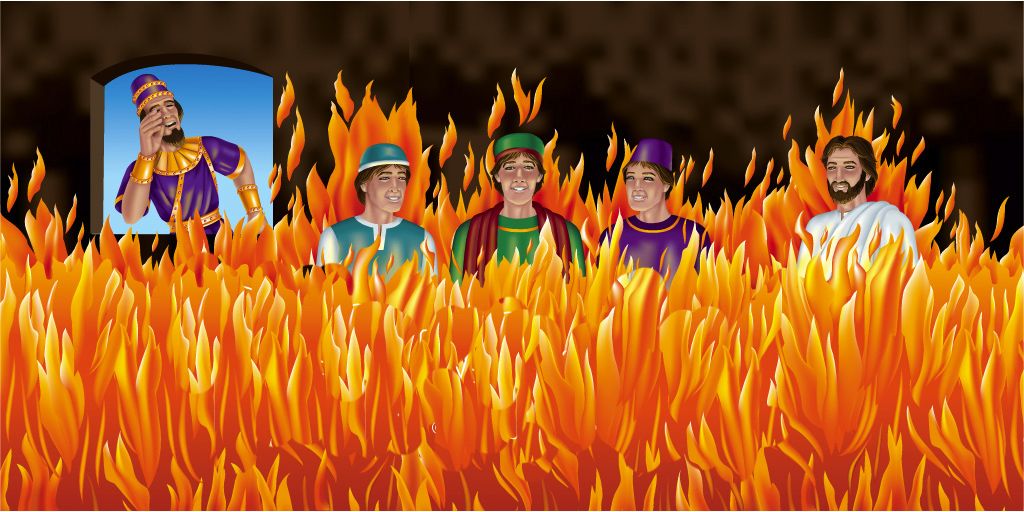 Information about the family and early life of Sa’adiya Gaon is scarce and unreliable. The opponents of Saadiya claimed that his father was not a talmid-haham, was expelled from Egypt and died in Jaffa …
Information about the family and early life of Sa’adiya Gaon is scarce and unreliable. The opponents of Saadiya claimed that his father was not a talmid-haham, was expelled from Egypt and died in Jaffa …
TIBBONIDS , a medieval Jewish family that produced at least four generations of Arabic-to-Hebrew translators. Ye х uda ben Shaul Ibn Tibbon (circa 1120–90) was born in Granada (Spain), lived and worked in Lunel (Southern France). He made a living as a medical practitioner. He became famous for his translations from Arabic into Hebrew, among which are “Duties of the Heart” by Bahya Ibn Pakuda, “Beliefs and Opinions” by Saadiya Gaon, “Kuzari” Yeh x oud x a-Levi and others…
FALAKERA (Ibn Falaker, Palkera) Shem Tov ben Yosef (Falaquera, Ibn Falaquera, Palquera, apparently born in, 2, 25; d., Spain – died in 1295, ibid.), philosopher and translator.